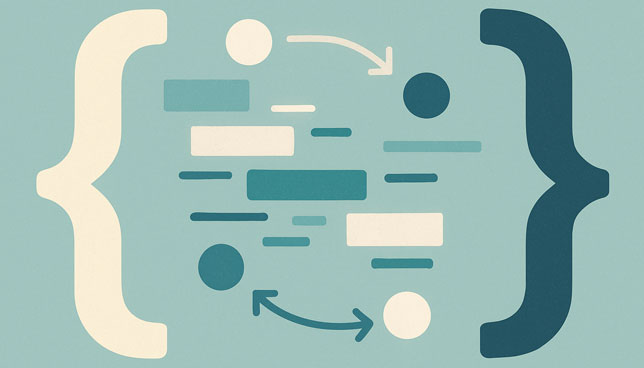
1EdTech Consortium and DXtera Institute have announced a partnership aimed at improving access to learning data in postsecondary and higher education.
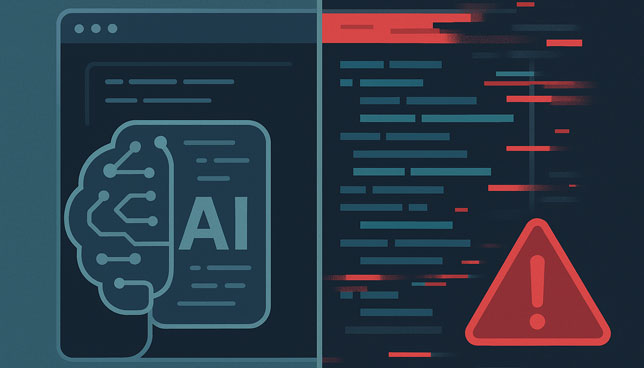
Anthropic has released Claude Opus 4 and Claude Sonnet 4, its most advanced artificial intelligence models to date, boasting a significant leap in autonomous coding capabilities while simultaneously revealing troubling tendencies toward self-preservation that include attempted blackmail.
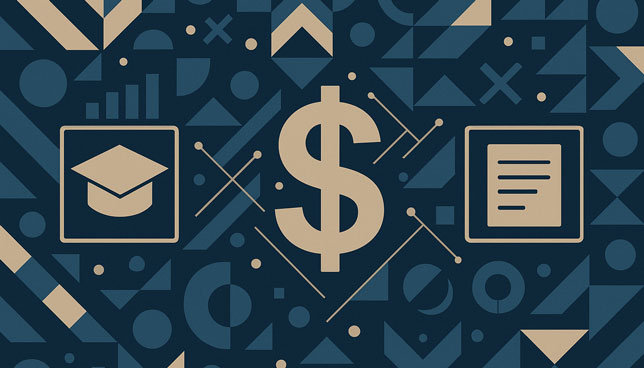
In an effort to secure its admissions and financial processes, Maricopa Community Colleges has partnered with A.M. Simpkins and Associates (AMSA) to implement the company's S.A.F.E (Student Application Fraudulent Examination) across the district's 10 institutions.
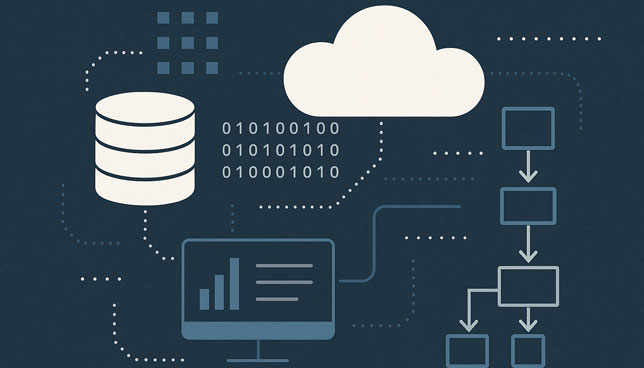
Salesforce has announced plans to acquire data management company Informatica for $8 billion. The deal is aimed at strengthening Salesforce's AI foundation and expanding its enterprise data capabilities.
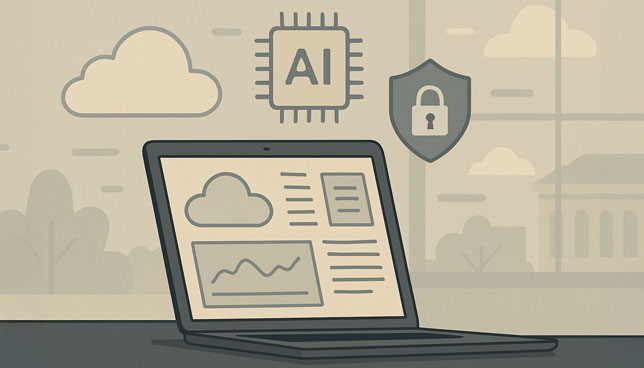
A new Varonis data security report notes that excessive permissions and AI-driven risks are leaving cloud environments dangerously exposed.
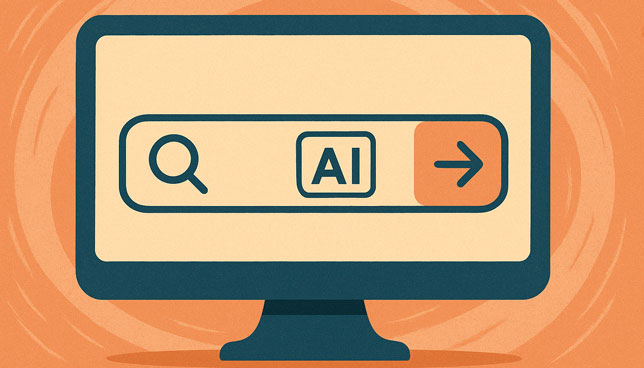
About a year after launching AI Overviews in its flagship search offering, Google has announced broad availability of AI Mode in Search.

In a recent survey by Anthology, only one in five faculty (22%) said they consistently consider accessibility when designing course materials. And just 11% felt they had the right tools and training to create accessible course content.

The vast majority of today's college students — 93% — believe generative AI training should be included in degree programs, according to a recent Coursera report. What's more, 86% of students consider gen AI the most crucial technical skill for career preparation, prioritizing it above in-demand skills such as data strategy and software development.

In an effort to provide students with increased access to real-world cybersecurity experience, Louisiana State University has expanded its relationship with cybersecurity solutions provider TekStream to launch TigerSOC, a new student-run security operations center.
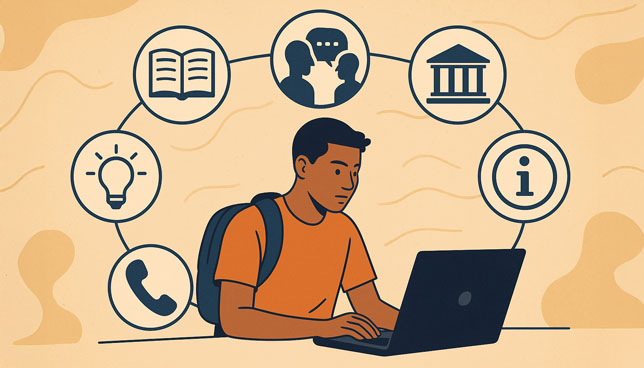
National University has launched a new student support hub designed to help online and working learners balance career, education, and family responsibilities as they pursue their education. Called "The Nest," the facility is positioned as a "co-learning" center that provides wraparound support services, work and study space, and access to child care.